The way we perceive conflict significantly impacts how we react and engage with it. When we view conflict as a personal attack, a threat to our ego or status, it triggers defensive and often unproductive responses. This can lead to escalation, emotional reactivity, and ultimately, hinders open communication and collaboration.
Shifting your mindset on conflict from threat to opportunity requires a conscious effort. Here’s how to reframe your thinking:
1. See Conflict as a Normal Part of Interaction: Recognize that conflict is inevitable in any dynamic where diverse opinions, personalities, and goals converge. It’s not a sign of personal failure or attack, but simply a reflection of different perspectives at play.
2. Embrace Different Viewpoints: Instead of viewing differing opinions as challenges to your own, recognize them as valuable opportunities to learn and expand your understanding. Different perspectives can expose blind spots, uncover new information, and ultimately lead to more creative and comprehensive solutions.
3. Focus on the Underlying Issues: Conflict rarely emerges out of the blue. By stepping back and exploring the root causes, you can shift the focus from individual grievances to addressing the underlying needs, concerns, and interests of everyone involved. Start by also acknowledging your initial reactions to conflict. Are you immediately defensive or curious? Are you closed, or open to the possibility of alternative viewpoints?
4. View Conflict as a Catalyst for Growth: Every conflict contains the potential for personal and team growth. It can help us develop critical thinking skills, improve communication, and deepen our understanding of ourselves and others. By approaching conflict with a growth mindset, we become more resilient and adaptable, essential skills in our dynamic world.
5. Remember, Conflict Can Lead to Better Solutions: When tackled collaboratively and with respect, conflict can actually result in stronger solutions. Diverse perspectives can generate innovative ideas, challenge assumptions, and lead to outcomes that wouldn’t have been possible through individual viewpoints alone.
Ultimately, shifting your mindset on conflict can benefit your workplace in real, practical ways.
- Improved Problem-Solving: When team members view conflict as an opportunity to learn and collaborate, they’re more likely to engage in constructive dialogue, brainstorm diverse solutions, and find approaches that address the root cause of the issue, leading to more sustainable and effective solutions.
- Enhanced Innovation: Different perspectives fuel creativity and innovation. By embracing conflicting viewpoints, teams can challenge assumptions, generate new ideas, and ultimately develop more effective solutions and strategies.
- Stronger Team Relationships: Addressing conflict respectfully and collaboratively fosters trust, empathy, and understanding within the team. Team members learn to appreciate each other’s strengths and differences, leading to a more cohesive and supportive work environment.
- Increased Productivity: Unresolved conflict creates tension and hinders workflow. By tackling conflict head-on and finding workable solutions, team members can avoid the negativity and distractions that can impact productivity.
- Boosted Morale: When conflict is handled proactively and positively, team members feel valued, heard, and respected. This leads to higher morale, increased job satisfaction, and a more positive work environment overall.
